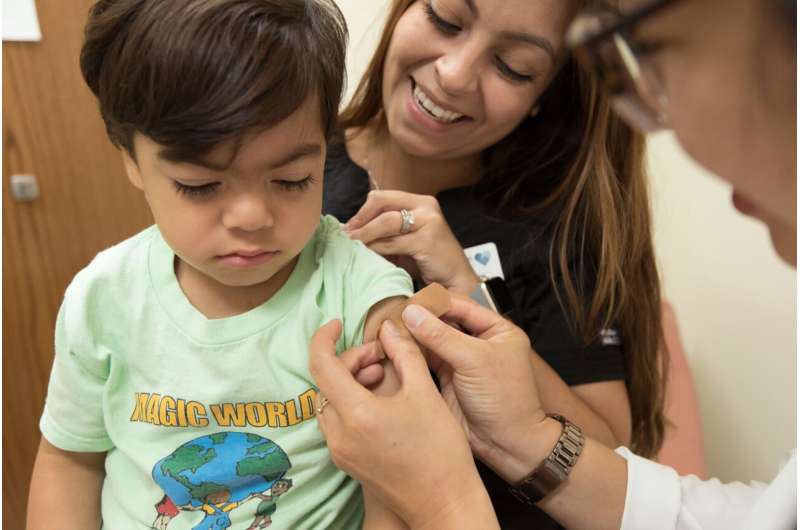This article has been reviewed according to Science X's editorial process and policies. Editors have highlighted the following attributes while ensuring the content's credibility:
fact-checked
proofread
Research suggests urgent action needed to reverse steep decline of new GPs in Australia's Northern Territory

Research by Menzies School of Health Research (Menzies) has found multiple, coordinated interventions are required to reverse the sharp drop in junior doctors training as General Practitioners (GPs) in the Northern Territory.
A new study published in the Australian Journal of Rural Health has uncovered that new enrollments in GP vocational training in the NT have declined more than 80% over the past seven years, with only 14 commencing in 2023.
To begin to overturn this issue, expanding opportunities for newly qualified doctors to get experience in general practice has been identified as the highest priority for action to address this complex and multifaceted problem.
Led by Menzies' Professor of Remote and Rural Health Services Research, Professor John Wakerman and Senior Research Fellow, Dr. Deborah Russell, this study included interviews with more than 50 representatives of the medical community from NT and across Australia, who discussed and ranked potential strategies to tackle this issue.
This resulted in five key solutions being highlighted across the GP training pathway. These included:
- Medical school stage: Ensuring adequate infrastructure to accommodate and support extended learning in primary health care settings.
- Junior doctor training stage: Introducing and investigating additional primary health care training opportunities for junior doctors.
- GP training stage: Offering portable employment benefits, together with high quality, culturally sensitive and flexible personal and professional support.
- General Practice: Better remuneration of GPs.
- Profession perception: Greater promotion of the diverse experiences and expedited GP career opportunities available in the NT.
GPs are essential to ensuring a strong primary health care system. Both are vital in the Northern Territory, due to its remoteness and higher rate of chronic health conditions experienced by the population, particularly First Nations Australians.
The consequences of not training enough GPs locally include ongoing workforce shortages, increased reliance on expensive locums, reduced continuity of care, and poorer health outcomes such as increased hospital admissions.
Primary health care is the most efficient and cost-effective part of the health care system. This study has provided a range of solutions to support policy makers to take coordinated action and attract more doctors to train as GPs in the NT.
"The decline of medical graduates entering GP training in the NT has already had an impact on Territorians accessing primary health care and signals a grim outlook for GP supply in rural and remote Australia," says Wakerman.
"To address this, we need to be expanding primary care training opportunities, offering portable employment benefits during vocational training, and supporting GPs to receive high quality, culturally sensitive, professional and personal support.
"Increasing GP training numbers in the Territory will require investment, co-ordination and implementation of a range of strategies by key stakeholder organizations.
"Taking action now will help to strengthen the NT primary health care system, which will be of benefit to all Territorians."
More information: Deborah Jane Russell et al, Addressing the GP vocational training crisis in remote Australia: Lessons from the Northern Territory, Australian Journal of Rural Health (2023). DOI: 10.1111/ajr.13029





















